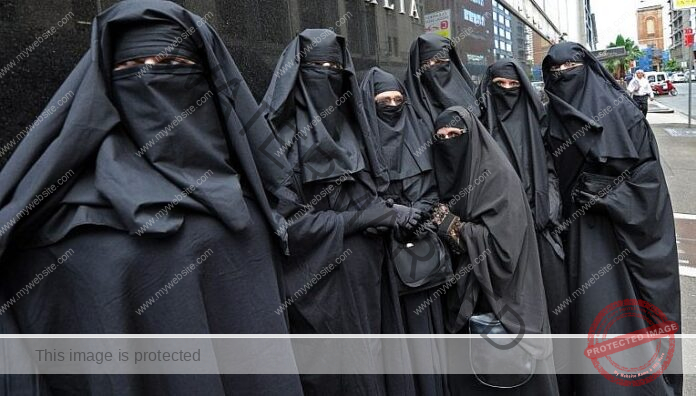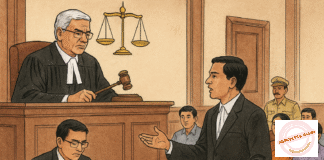The Supreme Court on Friday (August 9) partially stayed the circular issued by a private Mumbai college, banning ‘ burqa, hijab, cap and naqab’ on the campus and said that students must have the freedom to choose what they wear.
The top court also wondered why the college did not ban ’tilak’ and ‘bindi’ if it intended the religious faith of the students not to be revealed.
The Court passed the interim order while hearing a petition filed by three Muslim women students of NG Acharya & DK Marathe College of Mumbai. The petitioners had approached the Apex court after the Bombay High Court upheld the college’s instructions.
A bench of Justice Sanjiv Khanna and Justice Sanjay Kumar at the outset expressed surprise at the condition imposed by the college.
“What is this? They will not reveal their religion? Don’t impose such a rule” Justice Khanna said, referring to the college’s reasoning that the rule was imposed so that the religion of the students was not revealed.
“Won’t their names reveal their religion? Will you ask them to be given numbers so that they are not addressed by name?” Justice Kumar asked.
“Girl students must have freedom of choice in what they are wearing and college cannot force them. It’s unfortunate that you suddenly wake up to know that there are many religions in the country,” the bench told the college administration.
The court, however, said no burqa can be allowed to be worn by girls inside the classroom and no religious activities can be permitted on the campus.
The top court bench also said that its interim order must not be misused by any party. It also granted the educational society and the college the freedom to return to court if any misuse occurs.
During the hearing, senior advocate Colin Gonsalves and advocate Abiha Zaidi, appearing for the petitioners, argued that over 400 girls regularly wear hijabs to the college and they have not been able to attend classes because of the college circular.
To recap, on June 26 the Bombay High Court had refused to interfere with the college’s decision, saying such rules do not violate the fundamental rights of students.
It had said a dress code is meant to maintain discipline and this is part of the college’s fundamental right to “establish and administer an educational institution”.
A division bench of Justices AS Chandurkar and Rajesh S Patil had observed – “The object behind prescribing the dress code is evident from the Instructions since they state that the intention is that a student’s religion ought not to be revealed. It is in larger academic interest of the students as well as for the administration and discipline of the College that this object is achieved. This is for the reason that students are expected to attend the educational institution to receive appropriate instructions for advancement of their academic careers. The insistence for following the dress code is within the college premises and the petitioners’ freedom of choice and expression is not otherwise affected.”
The bench issued notice on the petition returnable in the week commencing from November 18. In the order, it clarified that the stay should not be misused by anybody.






























